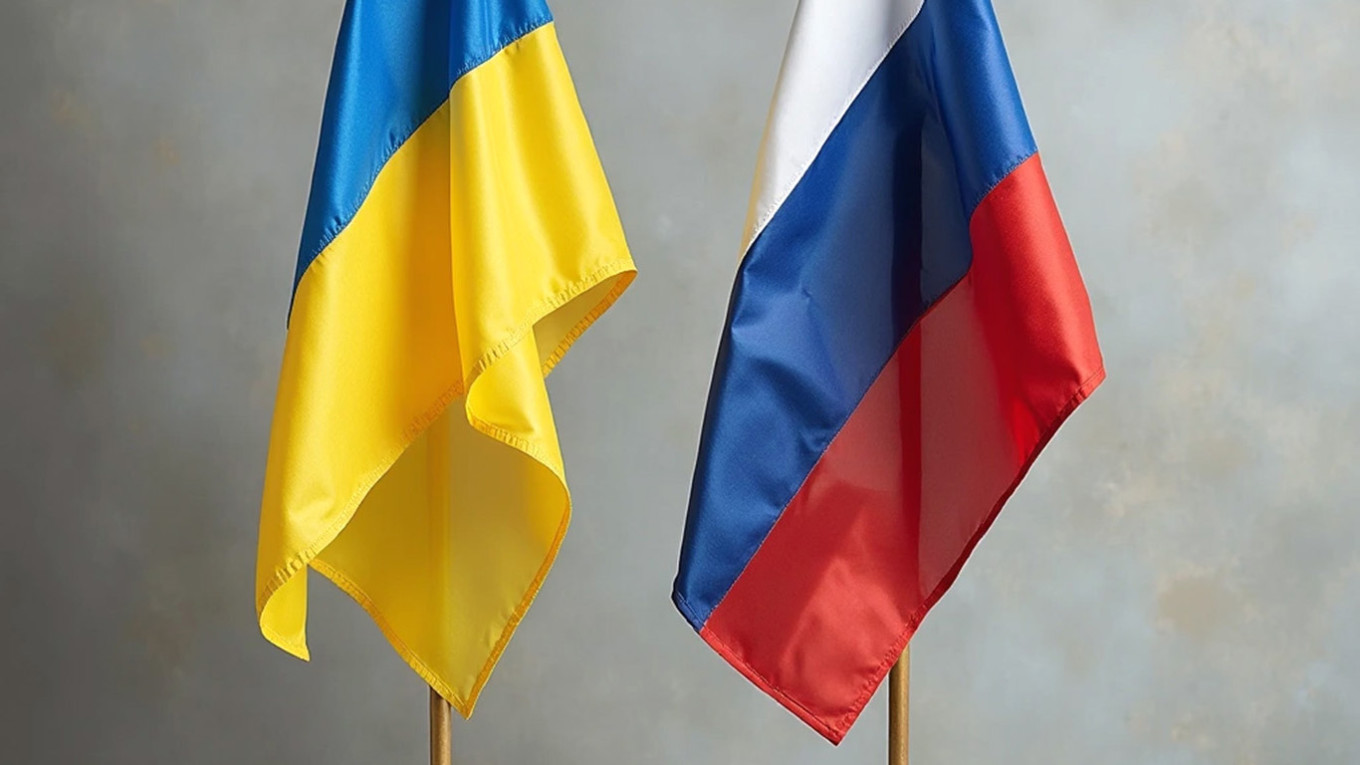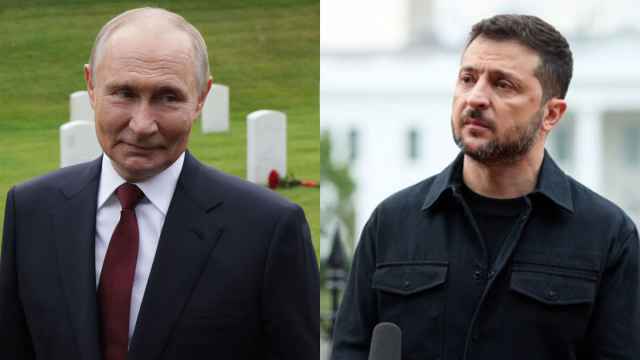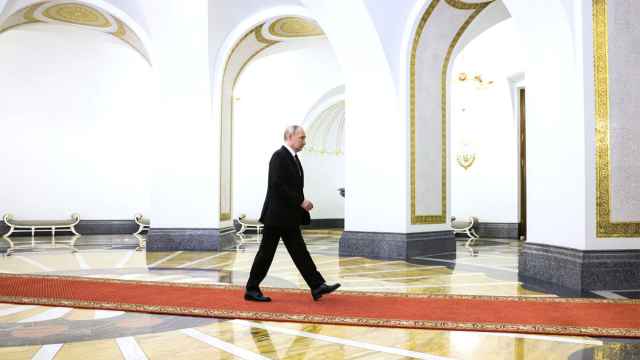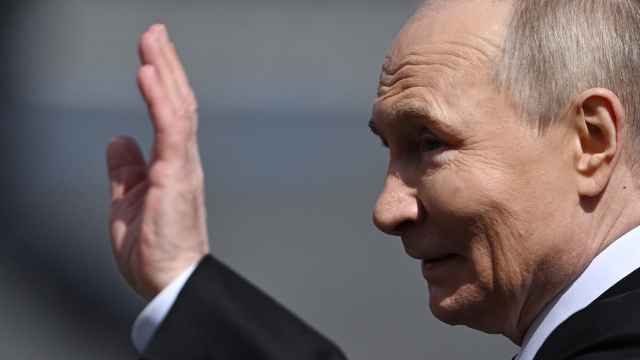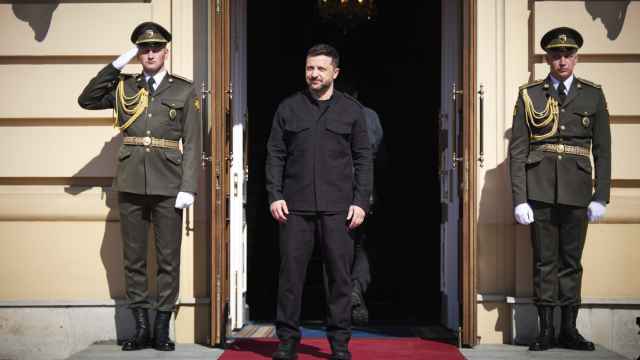The prospect of direct talks between Russia and Ukraine to end the war is once again on the table after weeks of diplomatic back-and-forth.
President Vladimir Putin has proposed resuming negotiations with Ukraine in Istanbul on Thursday, three years after the two sides held failed talks there in the early weeks of the invasion.
The proposal came in response to a Western-backed call for a 30-day ceasefire that Moscow has not yet accepted.
Kremlin aide Yury Ushakov said Sunday that the new talks in Istanbul must take into account the outcomes of the 2022 Istanbul negotiations but also reflect the current situation “on the ground.”
Here’s what to know ahead of Thursday:
Kyiv’s stance on talks
Ukraine and its allies urged Moscow to agree to a full and unconditional 30-day ceasefire starting Monday. While the Kremlin has not responded to the ceasefire proposal, Kyiv said Russia had fired over 100 drones overnight on Monday.
President Volodymyr Zelensky later upped the stakes by saying he would be “waiting for Putin in Turkey on Thursday. Personally.”
“We have absolutely no problem engaging in negotiations — we are ready for any format,” Zelensky said on Sunday.
The claim marks a shift from Zelensky’s earlier stance. In autumn 2022, he had signed a decree effectively banning negotiations with Putin.
“It is clear that this is impossible with the current Russian president. He does not understand dignity or honesty. That is why we are open to dialogue with Russia — but only with a different Russian president,” the Ukrainian leader said in 2022.
Moscow’s conditions
Putin proposed the direct talks in Istanbul in a middle-of-the-night statement on Saturday that came hours after Kyiv and the leaders of France, Germany, Britain and Poland called on Moscow to accept an unconditional 30-day ceasefire or face new sanctions.
Putin said he was "committed to serious negotiations with Ukraine" and that he wanted talks to "eliminate the root causes of the conflict and to establish a long-lasting peace." He claimed that Moscow never refused dialogue with Kyiv and that the Ukrainian side had halted the negotiations in Istanbul in March 2022.
Нe also accused Ukraine's Western backers of wanting to "continue war with Russia" and slammed European "ultimatums" and "anti-Russian rhetoric."
What was on the table in Istanbul in 2022?
Russian and Ukrainian negotiators held several rounds of direct talks in Istanbul in the first weeks of the war in 2022, but the talks fell through by May.
In the three years since Moscow invaded, tens of thousands have been killed and millions forced to flee their homes. Russia's army controls around one-fifth of the country, including the Crimean peninsula, annexed in 2014.
The 2022 peace talk process led to the release of a joint communiqué but ended without a deal.
Under the draft 2022 Istanbul Communique, which Reuters reviewed, Ukraine would agree to permanent neutrality in return for international security guarantees from the five permanent members of the UN Security Council as well as other nations including Belarus, Canada, Germany, Israel, Poland and Turkey.
Ukraine provisionally agreed to non-nuclear neutrality and forgoing NATO membership in return for a security guarantee. That guarantee would oblige the U.S. and its allies to fight Russia directly if Russia invaded Ukraine again, Reuters reported.
According to Reuters, the 2022 draft also included provisions to ease Ukraine’s potential accession to the EU, while Russia sought restrictions on Ukraine’s military capabilities and the repeal of legislation it saw as discriminatory toward Russian speakers.
Why the 2022 Istanbul talks collapsed
In May 2022, Ukraine said negotiations between Kyiv and Moscow had been suspended because “Russia still fails to grasp the consequences of the war." In June 2022, Russia confirmed that “everything stalled” after Moscow submitted a draft proposal in April and Ukraine did not respond.
The discovery of mass killings of civilians in the Kyiv suburb of Bucha in early April 2022 — widely attributed to retreating Russian forces but denied by Moscow as a “provocation” — was seen as a turning point that derailed the Istanbul talks, making further negotiations politically unacceptable for the Ukrainian side.
In a November 2023 interview, David Arakhamia, who led the Ukrainian delegation at the 2022 peace talks, claimed that then-British Prime Minister Boris Johnson had advised Kyiv against continuing the negotiations, instead suggesting that Ukraine should “just keep fighting.”
According to Arakhamia, Ukrainian officials were also concerned that Russia might not uphold an agreement and were reluctant to pursue constitutional changes that would compromise the country’s ambition to join NATO — a claim Zelensky later dismissed.
Zelensky said this year that the 2022 talks broke down because of Russia’s “ultimatums” — including a demand for his resignation and a reduction of Ukraine’s military to 50,000 troops.
Russia, in turn, said in 2022 that Ukraine was presenting conditions for negotiations with Moscow that were "unrealistic and inappropriate."
AFP contributed reporting.
A Message from The Moscow Times:
Dear readers,
We are facing unprecedented challenges. Russia's Prosecutor General's Office has designated The Moscow Times as an "undesirable" organization, criminalizing our work and putting our staff at risk of prosecution. This follows our earlier unjust labeling as a "foreign agent."
These actions are direct attempts to silence independent journalism in Russia. The authorities claim our work "discredits the decisions of the Russian leadership." We see things differently: we strive to provide accurate, unbiased reporting on Russia.
We, the journalists of The Moscow Times, refuse to be silenced. But to continue our work, we need your help.
Your support, no matter how small, makes a world of difference. If you can, please support us monthly starting from just $2. It's quick to set up, and every contribution makes a significant impact.
By supporting The Moscow Times, you're defending open, independent journalism in the face of repression. Thank you for standing with us.
Remind me later.


